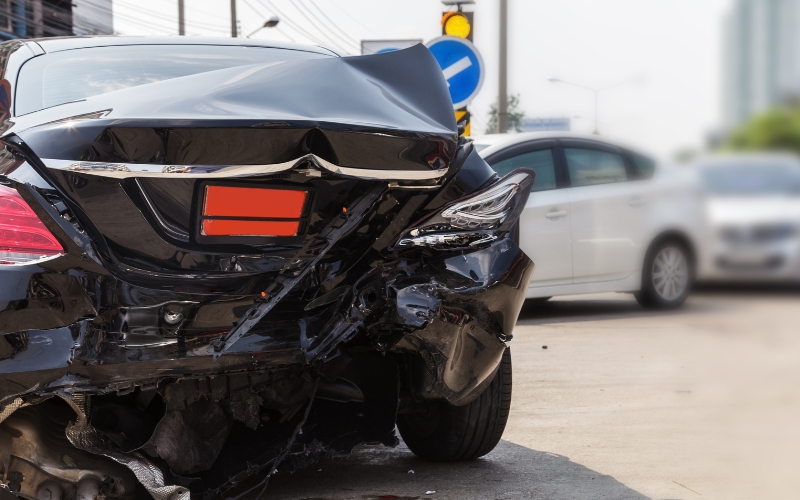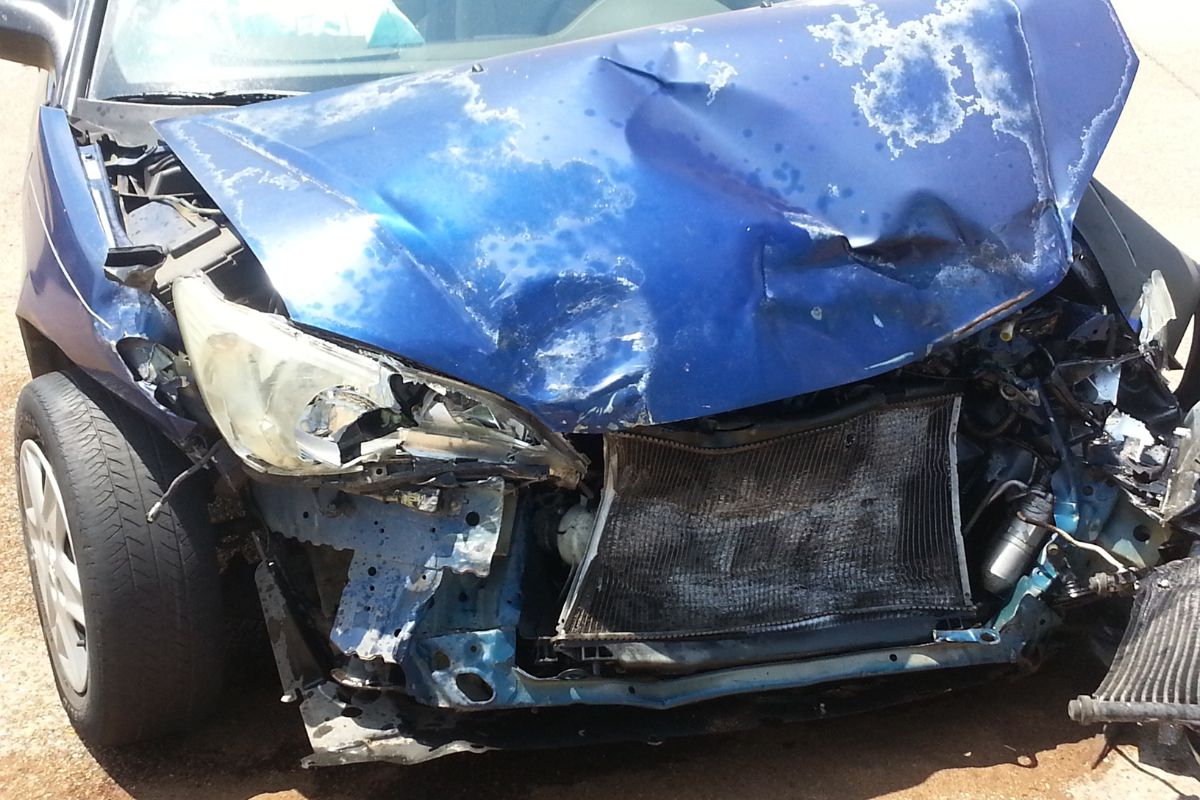
Car accidents can be overwhelming, both physically and financially. After the dust settles, understanding what compensation you can claim might seem daunting. From medical bills to lost wages, knowing your rights and entitlements is crucial for recovering fully from the impact of the accident.
In this blog, we’ll break down the types of compensation you can seek after a car accident. We’ll cover everything from immediate medical expenses to long-term pain and suffering claims. Whether you’re dealing with vehicle repairs or lost income, we’ve got you covered.
Read on to learn how to navigate the compensation process effectively and ensure you get the support you need to get back on your feet.
Types of Compensation Available
After a car accident, you might be eligible for several types of compensation. Here’s a breakdown of what you can claim:
- Medical Expenses: This covers all costs related to your treatment. It includes hospital bills, emergency care, surgeries, medications, and follow-up visits. If you need ongoing care, like physical therapy, these expenses are also included.
- Property Damage: Compensation for repairs or replacement of your vehicle. This covers the cost to fix any damage or, if your car is totaled, the amount to replace it. Ensure you document all damage and repair estimates.
- Lost Wages: If your injury prevents you from working, you can claim compensation for the income you lost. This includes salary, wages, and any other earnings affected by your inability to work.
- Pain and Suffering: This compensates you for the physical pain and emotional distress caused by the accident. It’s less tangible but important for acknowledging the overall impact on your quality of life.
How to Calculate Medical Expenses?
Calculating medical expenses accurately is crucial for claiming compensation. Here’s what you need to consider:
- Immediate Medical Costs: Start with emergency care, hospital stays, and initial treatments. Collect all bills and receipts from your healthcare providers.
- Long-Term Care: Include costs for ongoing treatments like physical therapy, specialist consultations, and any future surgeries. Keep detailed records of all appointments and treatments.
- Documentation Tips: Maintain a comprehensive file of all medical expenses, including invoices and receipts. This documentation will be essential when negotiating with insurers or presenting your case.
Accurate calculation ensures you receive compensation that reflects your actual financial burden. Tracking every expense helps support your claim and prevents potential disputes.
Claiming for Property Damage
Dealing with property damage claims involves several steps:
- Assessing Vehicle Damage: Document the extent of the damage with photos and repair estimates. Get multiple estimates if necessary to ensure accuracy.
- Replacement Costs: If your vehicle is deemed a total loss, you should receive compensation for its current market value. Keep records of the vehicle’s pre-accident condition and value.
- Insurance Adjustments: Work with your insurance company to process the claim. Provide all necessary documentation and be prepared for negotiations. They might offer a settlement that requires careful evaluation.
For complex claims, consulting a car accident lawyer in Springfield MO can be beneficial. They can help navigate the insurance process and ensure you receive fair compensation for your property damage.
Recovering Lost Wages
If your injuries prevent you from working, here’s how to claim for lost wages:
- Calculating Lost Income: Start by determining the total amount of income lost due to your inability to work. Include both direct earnings and any lost opportunities or bonuses.
- Future Earnings: Consider the potential long-term impact on your earning capacity. If your injuries affect your ability to return to your previous job or work full-time, include these future losses in your claim.
- Documenting Employment Records: Provide proof of your employment status, including pay stubs, employment records, and a statement from your employer outlining the time missed and lost income.
Accurate documentation is key to recovering lost wages. Make sure you have detailed records to support your claim and demonstrate the impact on your financial stability.
Pain and Suffering Claims
Claiming compensation for pain and suffering involves several considerations:
- Understanding Pain and Suffering: This includes physical pain, emotional distress, and any reduction in your quality of life. It’s a non-economic damage category that compensates for intangible losses.
- Evidence Needed: Collect medical records detailing your pain and suffering, personal statements, and accounts from witnesses or therapists who can attest to your condition.
- Settling Pain and Suffering Claims: Insurance companies often require detailed evidence to settle these claims. Be prepared to negotiate and provide a clear picture of how the accident has affected your life.
Pain and suffering claims can be complex. Having thorough documentation and understanding the impact on your life will help in negotiating a fair settlement.
Additional Considerations
There are a few more factors to keep in mind when claiming compensation:
- Punitive Damages: These are awarded in cases where the at-fault party acted with extreme negligence or recklessness. They are not common but can be pursued in certain cases.
- Legal Fees and Costs: Be aware of how legal fees might affect your compensation. Some lawyers work on a contingency basis, meaning they only get paid if you win your case.
- Insurance Policy Limits: Your claim amount might be limited by the policy limits of the at-fault driver’s insurance. Understanding these limits helps set realistic expectations for your compensation.
Navigating compensation claims after a car accident involves understanding the various types of damages you may be entitled to. From medical expenses and lost wages to pain and suffering, knowing what you can claim ensures you receive fair compensation. Document everything meticulously and consider seeking professional help to guide you through the process. By being informed and prepared, you can better manage the aftermath of an accident and secure the financial support you need to recover.




